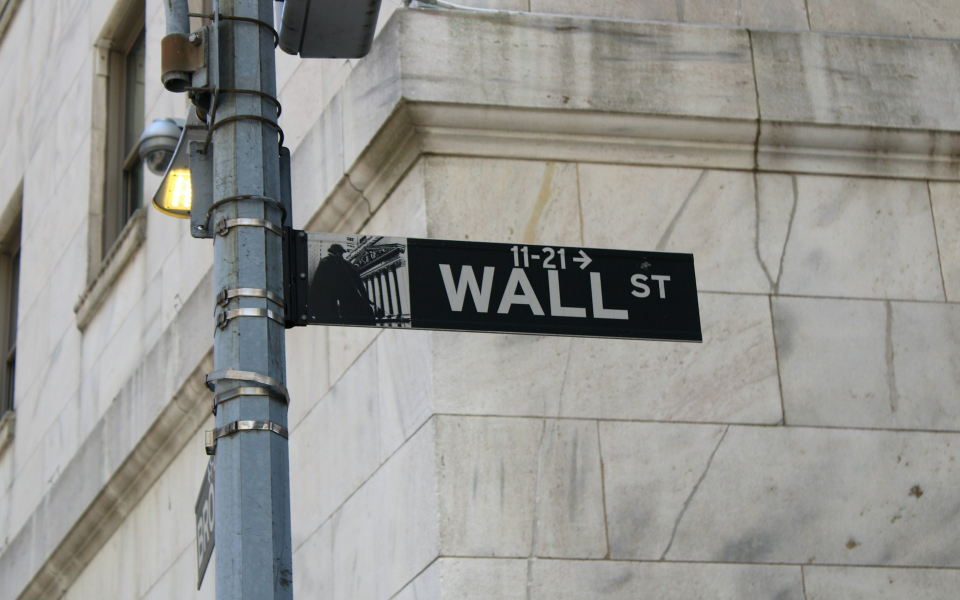Stocks ticked higher on Thursday as market participants weighed new developments in President Donald Trump's tariff standoff with China alongside another fresh batch of corporate earnings reports. The Dow Jones Industrial Average rose over 400 points higher, while the S&P 500 Index and Nasdaq Composite added about 2% and 2.8%, respectively, in morning trade.
Here's how the market settled on Thursday:
S&P 500 Index
Dow Jones Industrial Average
Nasdaq Composite Index
The broader market has rallied throughout the week following Trump's softening stance on China tariffs amid reports that the White House could cut the levies on the major trading partner, but some of that optimism waned when U.S. Treasury Secretary Scott Bessent said on Wednesday that there was "no unilateral offer from the president to deescalate."
"Neither side believe that these are sustainable [tariff] levels," Bessent told reporters. "This is the equivalent of an embargo, and a break between the two countries in trade does not suit anyone's interests."
On Thursday, China called for all tariffs to be lifted (the country's current effective tariff rate on most products is 145%), with Commerce Ministry spokesperson He Yadong stating that reports of ongoing talks are "groundless."
While China has been the main focus on Trump's trade war, the baseline 10% tariff on all imports into the United States has remained in effect since April 5. In a poll conducted by The Associated Press--NORC Center for Public Affairs Research released Thursday, roughly half of U.S. adults surveyed said Trump's trade policies will increase prices by "a lot," while 52% oppose tariffs in general and 59% said the president has gone too far.
"It's clear that investors aren't fully pricing a recession in just yet," Deutsche Bank strategist Henry Allen wrote in a note. "After all, the equity declines have been shallower than recent recessions, as have the widening in credit spreads and the declines in oil prices. So markets clearly don't see a recession as inevitable, particularly if the tariffs don't come into force after the latest 90-day extension."
On the Earnings Front:
IBM
"While sentiment and the operating environment have been rapidly shifting, our performance reflects the continued success of our focused strategy around hybrid cloud and AI, especially where clients are looking for cost savings, productivity gains and trusted partners to help them move fast and scale," IBM CEO Arvind Krishna said on an earnings call with analysts.
Chipotle Mexican Grill
"We could see this in our visitation study, where saving money because of concerns around the economy was the overwhelming reason consumers were reducing the frequency of restaurant visits," CEO Scott Boatwright said during the company's earnings call.
American Airlines
Southwest Airlines















